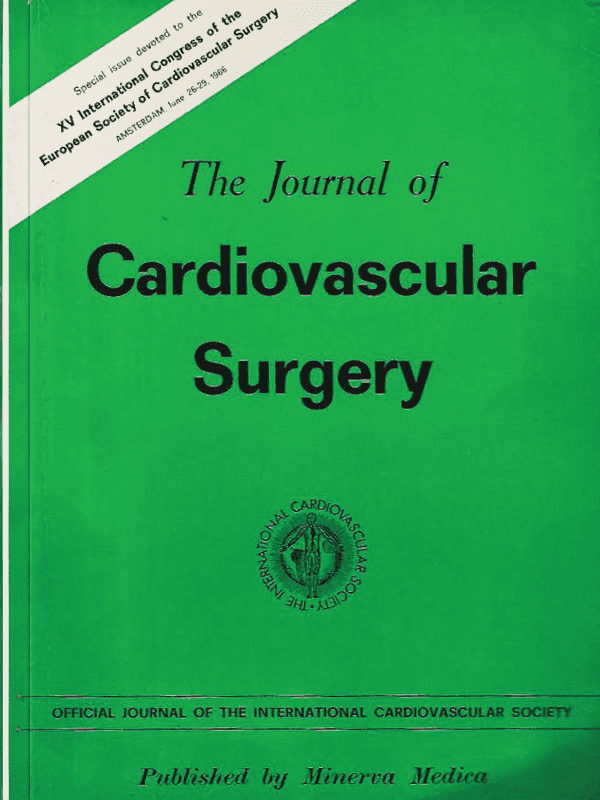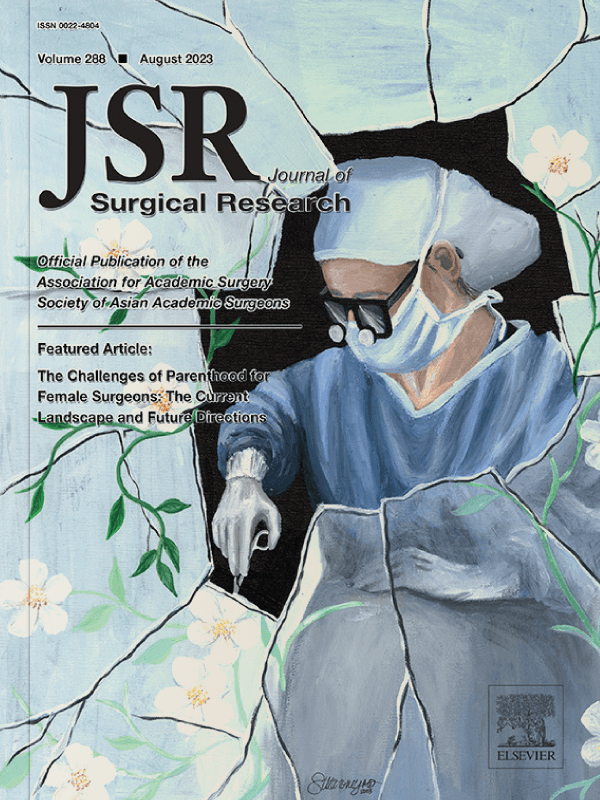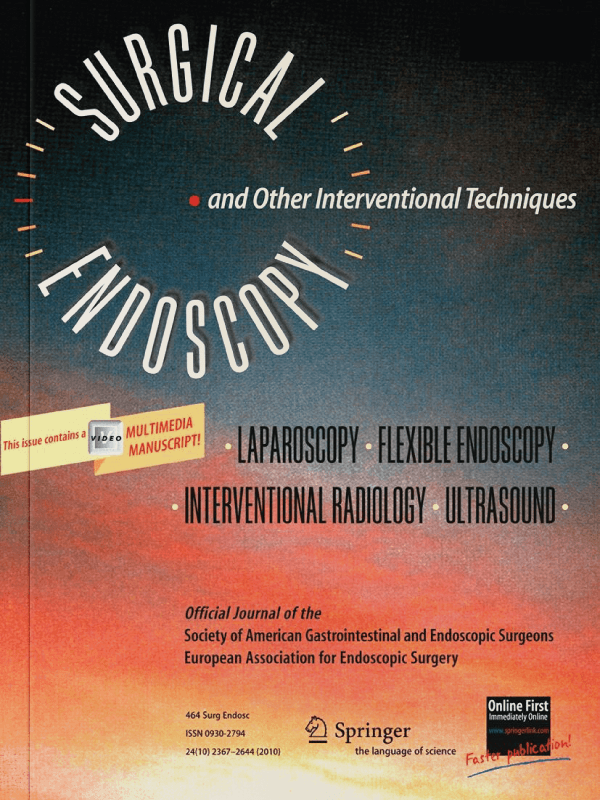TECHNICAL PERFORMANCE
The Effect of Technical Performance on Patient Outcomes in Surgery: A Systematic Review
Published on
Mar 1, 2017
Annals of Surgery
Andras B Fecso, Peter Szasz, Georgi Kerezov, Teodor P Grantcharov
Overview
This systematic review aimed to evaluate the impact of intraoperative technical performance on patient outcomes across various surgical specialties. Researchers conducted a comprehensive search of databases, ultimately including 24 studies with a total of 7,775 participants. The review highlighted that while 21 studies indicated a positive correlation between superior technical performance and improved patient outcomes, including reduced complications and mortality, the quality of evidence was variable, with an average MERSQI score of 11.67.
The findings suggest that enhanced technical skills during surgery contribute significantly to better postoperative results. However, the review calls for further rigorous research to establish a more direct link between intraoperative performance and patient outcomes, emphasizing the need for standardized assessment tools and reliable evaluation methods in surgical settings.
Results
Of the 12,758 studies initially identified, 24 articles (7,775 total participants) were ultimately included in this review. Seventeen studies assessed the performance of the faculty alone, 2 assessed both the faculty and trainees, 1 assessed trainees alone, and in 4 studies, the level of the operating surgeon was not specified. In 18 studies, a performance assessment tool was used. Patient outcomes were evaluated using intraoperative complications, short-term morbidity, long-term morbidity, short-term mortality, and long-term mortality. The average MERSQI score was 11.67 (range 9.5-14.5). Twenty-one studies demonstrated that superior technical performance was related to improved patient outcomes.
Peer-reviewed Research





